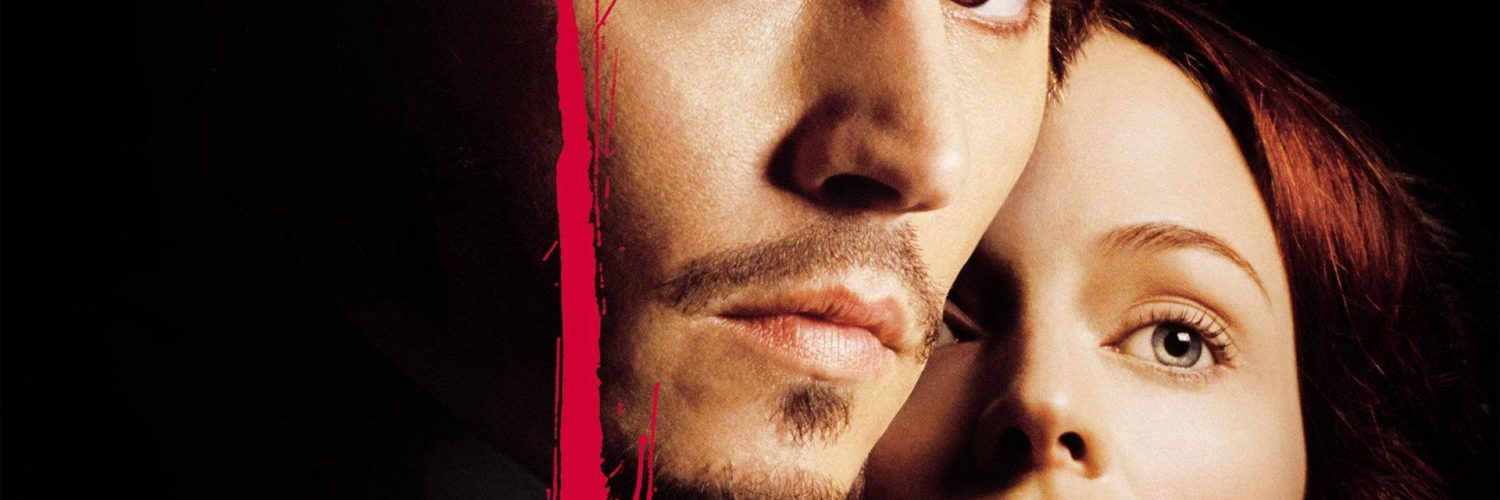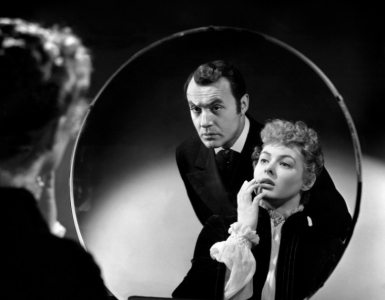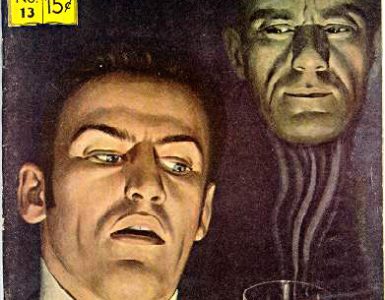by Denise Noe
First published in February/March, 2005, Volume 2, Issue 1, The Hatchet: Journal of Lizzie Borden Studies.
 The Victorian era bequeathed two great murder mysteries to posterity. One was America’s Borden case and the other England’s Jack the Ripper killings. In their different ways, these crimes exposed the particular sensibilities of their cultures. The Victorians are known for making sharp distinctions of class and, at least officially, adhering to a stern morality among their “high” classes. The brutal crime against Abby and Andrew Borden, upper-class people of apparently impeccable reputations, ripped away at the Victorian sense of security. The suspicion that the murderer was the stepdaughter and daughter of the victims, a middle-aged gentlewoman of good works, magnified that threat a thousand fold.
The Victorian era bequeathed two great murder mysteries to posterity. One was America’s Borden case and the other England’s Jack the Ripper killings. In their different ways, these crimes exposed the particular sensibilities of their cultures. The Victorians are known for making sharp distinctions of class and, at least officially, adhering to a stern morality among their “high” classes. The brutal crime against Abby and Andrew Borden, upper-class people of apparently impeccable reputations, ripped away at the Victorian sense of security. The suspicion that the murderer was the stepdaughter and daughter of the victims, a middle-aged gentlewoman of good works, magnified that threat a thousand fold.
Britain’s Jack the Ripper brought public attention to the chasm between the society’s repressive ideology of purity and the grubby realities of life. Beginning in August 1888 and ending in November of that same year, someone stalked London’s East End slum district. Five prostitutes were murdered in vicious manners with throats cut and internal organs sliced out. Then the killings simply stopped. These cruel murders forced England to look at the worst of its failures. In a society that placed an absolute premium on womanly virtue, a multitude of women walked the streets, selling sexual access to anyone who had a fee.
In 2001, Albert and Allen Hughes released a speculative movie about Jack the Ripper called From Hell. Superficially at least, it was a sharp (no pun intended) departure for the Hughes brothers whose previous films like Menace II Society and Dead Presidents were set among contemporary urban African Americans. Based on a graphic novel by Alan Moore and Eddie Campbell, From Hell stars Johnny Depp as Inspector Fred Abberline, who is investigating the Ripper murders, and Heather Graham as Mary Kelly, one of the streetwalkers threatened by him. Abberline is, like the legendary Sherlock Holmes, a habitual opium smoker. He supposedly gets psychic insights from visions he has while under the influence. Robbie Coltrane plays a kind of Dr. Watson-esque sidekick as Sergeant Peter Godley. Ian Holm appears as Sir William Gull, the Queen’s personal physician who may possess the key to this mystery.
Why did the Hughes brothers venture into what would seem like completely unexpected territory for them? Doing something different is obviously one reason, but perhaps it was not so different as might initially be assumed. According to Roger Ebert in the Chicago Sun-Times, the Hughes’ have described From Hell as a “ghetto film.” That seems apt. Called “unfortunates” in the movie, the streetwalkers live a constantly threatened, hand-to-mouth existence. There is not a whiff of glamour as they engage in hurried acts of intercourse in dank and dark alleys. Perhaps what really makes From Hell a “ghetto film” is that it connects the sins of the upper-classes with the Ripper horrors. The particular link is forged through a plot which gives a fresh twist to the speculation that Queen Victoria’s son Albert, who may have suffered from syphilis, was the Ripper.
From Hell opened to profoundly mixed reviews. The film is indisputably stylish and boasts a top-notch cast but critics felt it did not come together into a coherent whole. Billed as a “thriller,” it somehow never quite builds up the suspense that makes for a success in that genre. Nor did From Hell make us care deeply about its characters, especially the prostitute victims. The convoluted plot, linking the powers-that-be to the Ripper murders, is hardly persuasive. Finally, this writer found it unbelievable that a surgeon would have the easily upset stomach that the one in this movie has.
I agree with the other writers who thought that From Hell did not make the grade as a first-rate film. However, From Hell is well worth viewing, at least by adults who are not offended by motion picture gore. It is not a movie that should be seen by children and perhaps not by teenagers. The movie’s cinematography is so rich with varying shades of dark colors, especially and most appropriately reds, that it constitutes a genuine visual feast. Performances, especially those of Depp and Coltrane, are strikingly effective. A failure as a thriller, From Hell is a satisfactory period piece.






